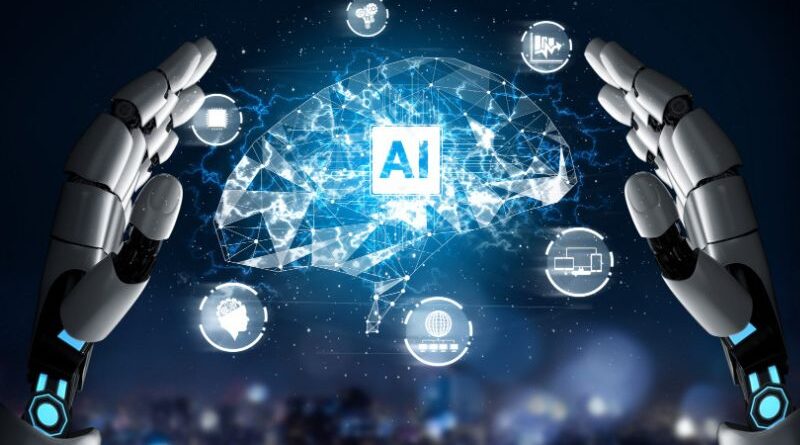The Future of Work: AI’s Impact on Jobs and Skills
The rise of Artificial Intelligence (AI) created both enthusiasm and worries among the job market’s workforce. With the technology behind AI accelerating, it brings a fresh perspective on job and labour activities, thereby reshaping the skills needed to succeed in the modern market. This piece explores how AI is revitalizing the job arena and iterates on the need to adopt it through education, including DSA homework or system design courses..
AI’s Growing Influence on the Job Market
AI’s critical effect on jobs is its multidimensional nature, with industry sectors such as manufacturing, healthcare, and even artistic professions being influenced significantly. Automation, aided by AI, can be utilized to eliminate mundane, repetitive tasks. However, AI, by itself, generates new positions that require human traits such as ingenuity and novelty. For instance, though AI may replace data filtering positions, it creates a need for data analysts and machine learning engineers at the same time. The two-sided nature of AI also highlights workers’ need to be adaptive by learning new skills that are closely related to strategic thinking, creativity, and emotional intelligence.
The Shift in Required Skills
For AI integration into the workplace, employers have to adjust the requirements for their employees. The technical abilities associated with AI, for instance, machine learning, data analytics, and cybersecurity, are turning out to be more and more necessary. Nevertheless, soft skills that include the ability to make decisions, effective communication, and adaptability are also of high importance. The fact that in the near future, companies will seek to put employees to work jointly with AI, using its benefits with the aim of increasing productivity and innovation, will result in another skill, which is teamwork with AI.
The current trend of automation and the need to future-proof our careers renders some of the occupational skills redundant; therefore, enrolling on a data science course and artificial intelligence course can offer a solid knowledge base in the competencies of the analytical mindset that will be used to analyse and implement big data into the decision-making process. Data science is what makes the heart of AI beat and is able to make any kind of predictions and decisions that automate its work; this skill set plays a vital role in the AI-driven job market..
The Role of Specialized Education
As the demand for AI-related skills grows, specialized education programs become key to preparing the workforce for the future. A full stack developer course is one example, offering comprehensive training in web development, including both front-end and back-end technologies. This skill set is crucial for developing AI applications and ensuring they are user-friendly and accessible.
Similarly, a dsa course (Data Structures and Algorithms) provides essential knowledge for optimizing the efficiency of AI algorithms. Understanding how to store, retrieve, and manipulate data efficiently is crucial for building effective AI systems.
For those interested in the design and implementation of AI systems, a system design course can offer insights into creating scalable, robust systems that can handle the complexities of AI applications and data processing.
Conclusion
With the AI field expanding, educational programs tailored to the growing need for AI-related skills become the central issue to the smooth transition to a highly technologized future. The entire stack dev course is one of the examples which teaches how to master web dev from front to backside. This skill set is of great importance for organizations that are looking for ways to make their AI solutions user-friendly and available for everyone.

